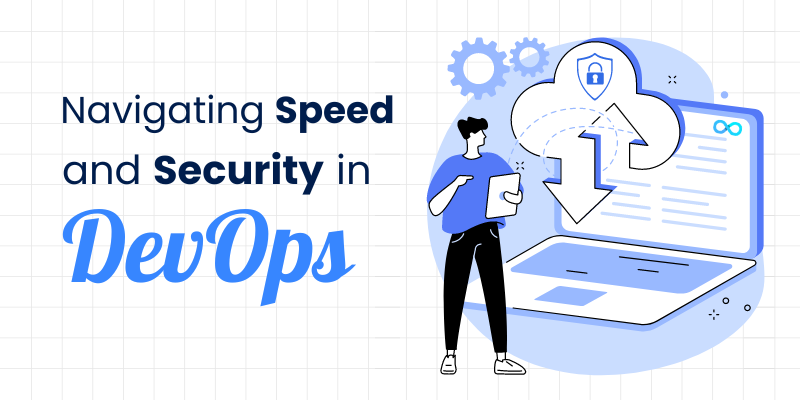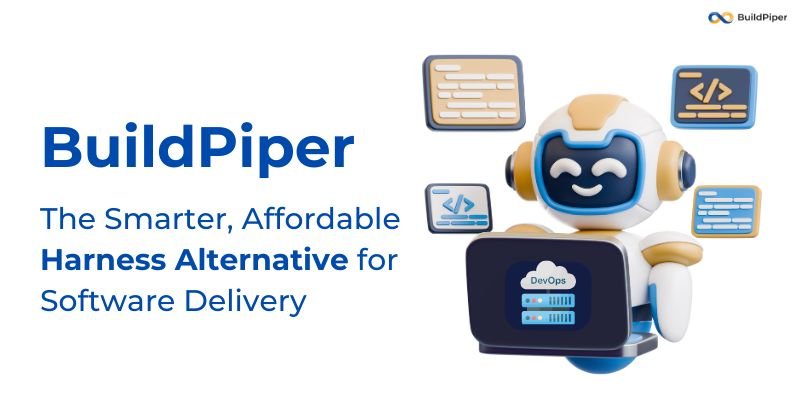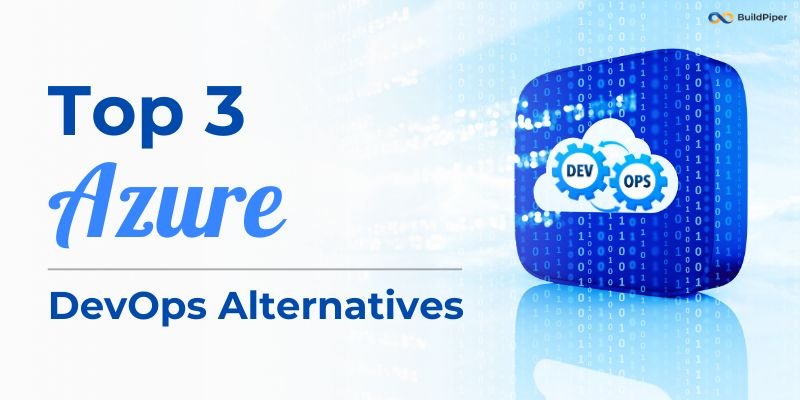In the field of software development, where everything seems to be constantly evolving, the emergence of DevOps has revolutionized everything. It offers a new way for the team to work together, implement the code changes and run them. DevOps implementation brings automation to the table along with continuous integration/continuous deployment (CI/CD) and collaboration between development and operations teams. This together speeds up the delivery of the software. Nevertheless, the urge to speed and be agile poses a critical challenge in maintaining security, both for teams and organizations. Here, in this blog, we’ll explore the complicated obstacles and hurdles of balancing speed and security in modern DevOps environments.
The Need for Speed vs Security Concerns
Speed is one of the core pillars of the DevOps philosophy. Reduction in the time required for product development and market release due to rapid iterations and shorter deployment cycles makes enterprises capable of moving faster than their competitors. Yet the argument between speed and security is the main conflicting idea. Traditional security culture, mainly characterized by manual checks and gates, can slow down the development pipeline, hampering the agility that DevOps targets to bring in.
Lack of Security Awareness
Security is no longer a highlighted concern in many DevOps teams like it was in the previous tradition. Instead, it is incorporated into the development process from the end. Primarily, developers and operations teams, which strive for delivery of features, as well as maintaining uptime, may not consider security among the list of their priorities. Inadequate recognition of issues in the pre and post-development phases can create vulnerabilities in the delivery chain.
Complexity of Microservices and Containers
The adoption of microservices architecture and containerization have significantly added to security issues in the DevOps environment. Although microservices help scale up and deliver customized services, they separate the environment from centralized control. This leads to a situation where securing communication between the services becomes critical. Similar is the case with containers, which are good for both consistency and portability. In containers, the security measures need to be enhanced by the >security consulting services providers to avoid container escape or unauthorized access to the containers.
Integration of Security into CI/CD Pipelines
Equipping CI/CD pipelines with security is a must to remedy any threats at the production and development levels. But achieving a synchronous integration process is also tangled with its tricky issues. CI/CD procedures should be synchronized with the security tools to ensure that these tools provide accurate results without causing significant delays. Automating security checks involves meticulous calculations to prevent both false positives and negatives. Choosing the right monitoring and service management techniques can help in integrating security checks in CI/CD pipelines.
Continuous Monitoring and Incident Response
Even, implementing impeccable precautionary measures would not prevent security incidents from occurring. Monitoring the system constantly and incident response processes is essential for detecting and mitigating threats in real time. Here is how monitoring and service management comes into the picture. However, handling security alerts as well as responding to incidents on time is hard to accomplish, as it requires dedicated resources, the right security consulting and infrastructure which should be in place.
Bringing it All Together
Of course, creating a harmonious co-existence of security in modern DevOps environments is complex. This approach is a paradigm shift and prevents traditional thinking that security is a nuisance to the development process. By focusing prominently on security awareness, embedding security in CI/CD lifecycles, applying automation and establishing collaboration between development, operation and security units, organizations can handle DevOps-related problems and at the same time reap the benefits of DevOps implementation, without comprising on security. In today’s world, where cyber threats are constantly evolving; a proactive and comprehensive approach towards cyber security is required for protecting digital assets and maintaining customer confidence.









